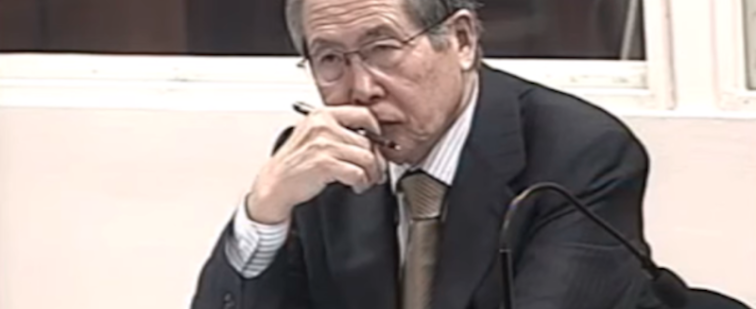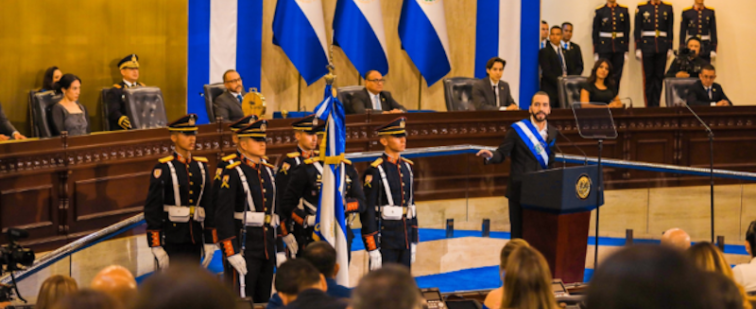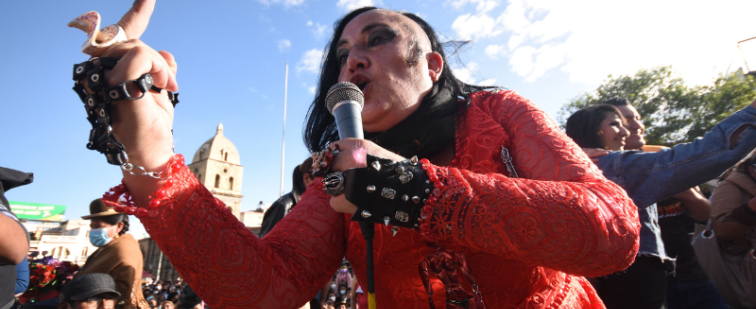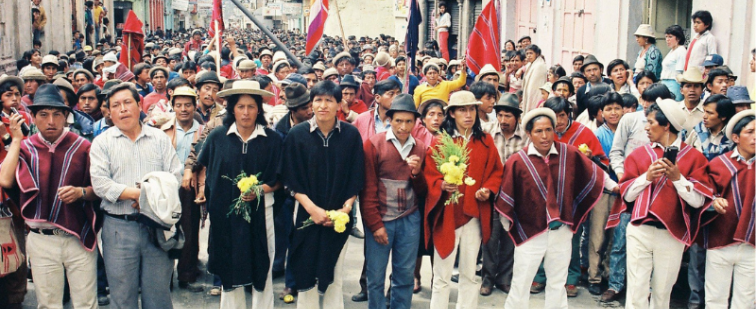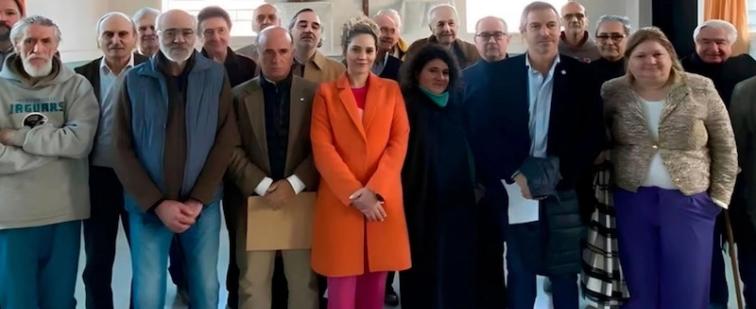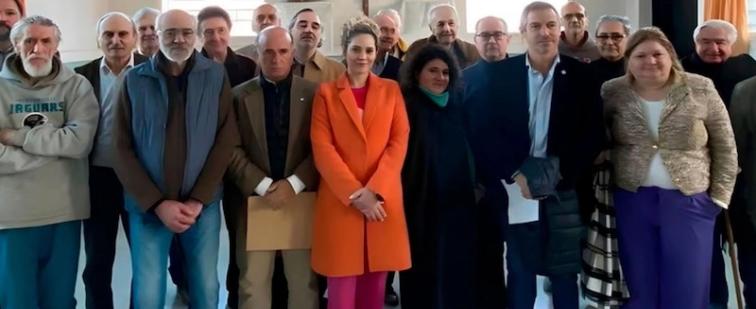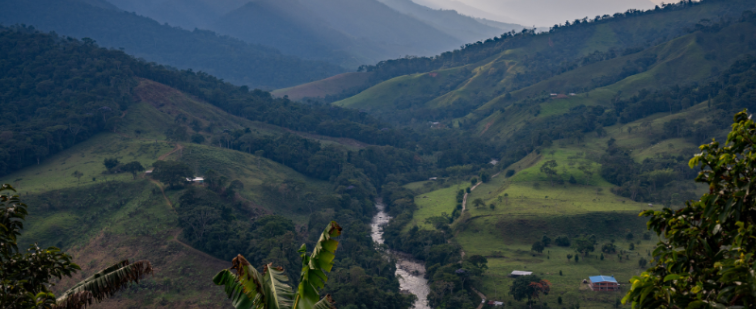Home
Naomi Klein is a Canadian journalist and regular contributor to The Nation and the London Guardian. Beginning with No Logo: Taking Aim at the Brand Bullies (1999), Klein’s work has explored the two major forces that have shaped the post–Cold War world: the extension of radical free-market capitalism and, after 9/11, the resurgence of imperial militarism. More than just investigating the excesses, abuses, and popular resistances to neoliberalism and war, Klein’s journalism consistently links them, exploring how the corporate globalism of the Clinton years flowed seamlessly into the neoconservatives’ preemptive warfare doctrine. Latin America was the first region where neoliberalism was imposed and the first to produce a sustained resistance movement to it.
In the first Congressional hearing held on the controversial case of violent Cuban exile Luis Posada Carriles, the House Foreign Affairs Subcommittee on International Organizations, Human Rights, and Oversight invited National Security Archive Senior Analyst Peter Kornbluh to testify on formerly top secret CIA and FBI intelligence reports linking Posada to the October 6, 1976 bombing of a Cuban civilian airliner.
When the CIA declassified its “family jewels” in June, a few small pearls about the agency’s programs in Latin America tumbled into view. The secret documents were compiled in 1973 on orders from then CIA director James Schlesinger, who, in the interest of controlling the damage inflicted on the CIA by the Watergate scandal, commanded his personnel to identify any CIA activities that might be construed as illegal. The compilation of reports that flowed to Schlesinger’s office became known as the family jewels. Henry Kissinger called it “the horrors book.”
The UN Security Council voted last October 15 to extend the mandate of the UN Stabilization Mission in Haiti (Minustah) for another year. The next day, Brazil’s foreign relation’s office released a statement saying, “The Brazilian government is satisfied with the decision.” The Brazilian army is in charge of coordinating the close to 9,000-strong Minustah forces. But there is little debate in Brazil about the country’s role in the occupation of Haiti and even less discussion about charges of human rights abuses against the UN troops.
The protagonists of tomorrow are people who are off-line, somehow off the grid, "unsophisticated" or simply unimpressed by the general spectacle of information-overload and conspicuous consumption.
Several documentaries have appeared since Evo Morales was elected president of Bolivia, some of which are closely linked to political developments in that country. The Devil’s Miner, by Kief Davidson and Richard Ladkani, is instead a social document that avoids overt political comment. Premiered in 2005, it was finally shown in La Paz in October 2006 and welcomed as providing an outside viewpoint invaluable in the comprehension of national reality. One critic saw it as “essential in order to understand the world of the Potosí mines.”
"A great nation must command the respect of others," writes Hillary Clinton in the new issue of Foreign Affairs. But what about showing a little respect? In her infatuation with U.S. power and the transcendent "American idea," she forgets that international cooperation is not just about winning respect, it's also about respecting other nations.
"Developing nations must create their own mechanisms of finance instead of suffering under those of the IMF and the World Bank, which are institutions of rich nations . . . it is time to wake up."That was Lula da Silva, the president of Brazil—not Washington's nemesis, Hugo Chávez—speaking in the Republic of Congo just two weeks ago.
When Eugenio Kasalaba awoke on March 24, 1976, in Argentina’s northeastern-most province of Misiones, he and his father began the day with their usual routine of heating water and turning on the radio. But instead of the expected news program or an old tango, they heard an unmistakable sign of the coming terror: “Avenida de las Camelias,” the Argentine military’s favorite marching-band song, all across the radio dial, the same song. Stunned, Kasalaba muttered, “Papá, el golpe, el golpe” (Dad, the coup, the coup). Without taking his eyes off the radio, his father replied, “Come, let’s have a mate.”
In the Brazilian state of Paraná, Valmir Mota de Oliveira of Via Campesina, an international peasant organization, was shot twice in the chest at point blank range by armed gunmen on an experimental farm of Syngenta Seeds, a multinational agribusiness corporation. The cold blooded murder took place on Sunday, October 21 after Via Campesina had occupied the site because of Syngenta’s illegal development of genetically modified (GM) seeds.


